New ministers: big news at home, indifference abroad
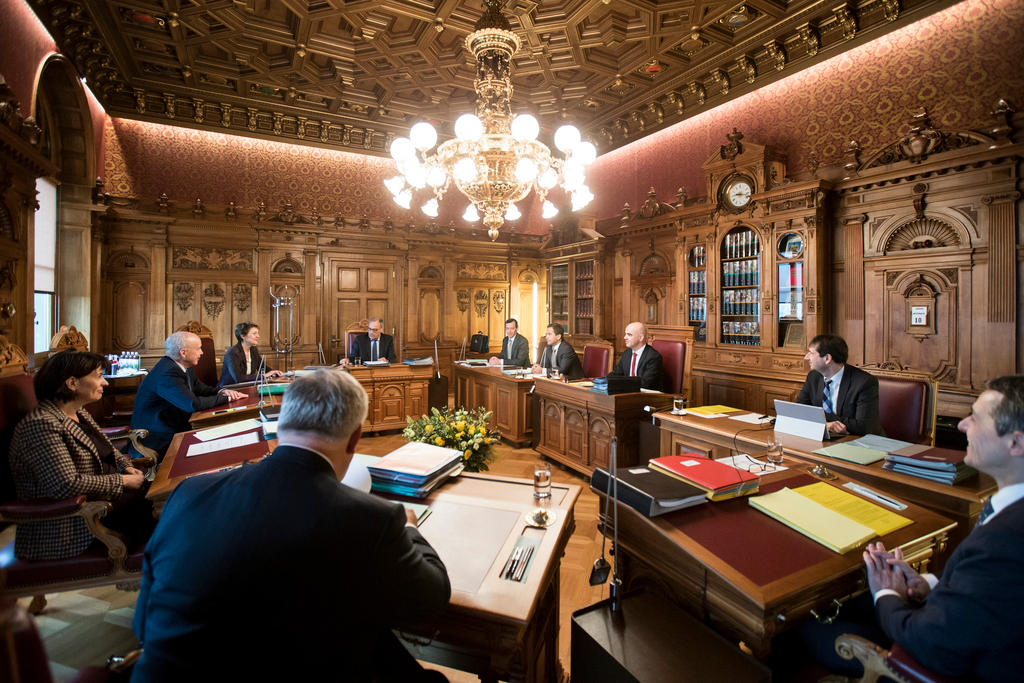
The day after Switzerland elected two new members of its seven-member cabinet, the gap between domestic excitement and international indifference is striking. Why?
‘Historic’ – the word bounced across a breathless Swiss press on Thursday after two women, Viola Amherd and Karin Keller-Sutter, were resoundingly chosen by Parliament to join the country’s seven-member government, the Federal Council.
And historic it was, with the pair becoming just the eighth and ninth female ministers on a body that has hosted 110 men since 1848; a clear “triumph” for women, as the Tages-Anzeiger newspaper headlined, and a symbolic leap for a country often called out for its slow progress (women earned the right to vote in 1971).
All the fanfare and excitement, however, seems not to have crossed the Alps. Although Switzerland regularly garners international attention for its financial sector, economics, diplomacy and humanitarian issues, this time reaction from abroad has been minimal.
The two new ministers launched Switzerland into the top 10 countries worldwide for female representation in government, and such a reshuffle of the executive branch is a rarity. Yet a quick Google News search for “Switzerland Federal Council” on Thursday brings up almost exclusively domestic results. Why?
+ Portraits of Switzerland’s two newest Federal Councillors
Perhaps it’s that beneath the surface, the political shift brought about by the election is at best unclear, if not negligible. As highly competent but highly consensual figures, it’s difficult to say whether, or how, Amherd and Keller-Sutter will tilt the balance towards any major change in government policy when they officially join on January 1.
Nenad Stojanovic, a political scientist from the University of Geneva, says that the real shift in the Federal Council’s politics came in 2017 when new entrant Ignazio Cassis moved things towards the right. Amherd, a centrist, and Keller-Sutter, a right-leaning liberal, will keep the status quo among the seven “sages” intact, he said.
The opaque and politicised selection process doesn’t help either: candidates are first proposed by their party, then over several weeks questioned behind closed doors, before finally being chosen by plenary, all in a somewhat cloak-and-dagger manner. Candidates rarely have international profiles, and rarely make shock statements that might attract attention.
If we do have some sense of where they stand on key issues – Keller-Sutter has declared a tough line on asylum and EU negotiations, while Amherd is more cagey and consensual about relations with Brussels – candidates also need to tick the right boxes and dampen any fears that they might throw a spanner in the smooth workings of Swiss stability.
So should the world care more? Maybe the question is whether Switzerland should care if the world doesn’t care. The Neue Zürcher Zeitung newspaper wrote in its lead reaction on Thursday that “boringness is a sign of stable political systems, and one of Switzerland’s greatest assets”. If the world chooses not to notice, perhaps it’s not a bad thing.
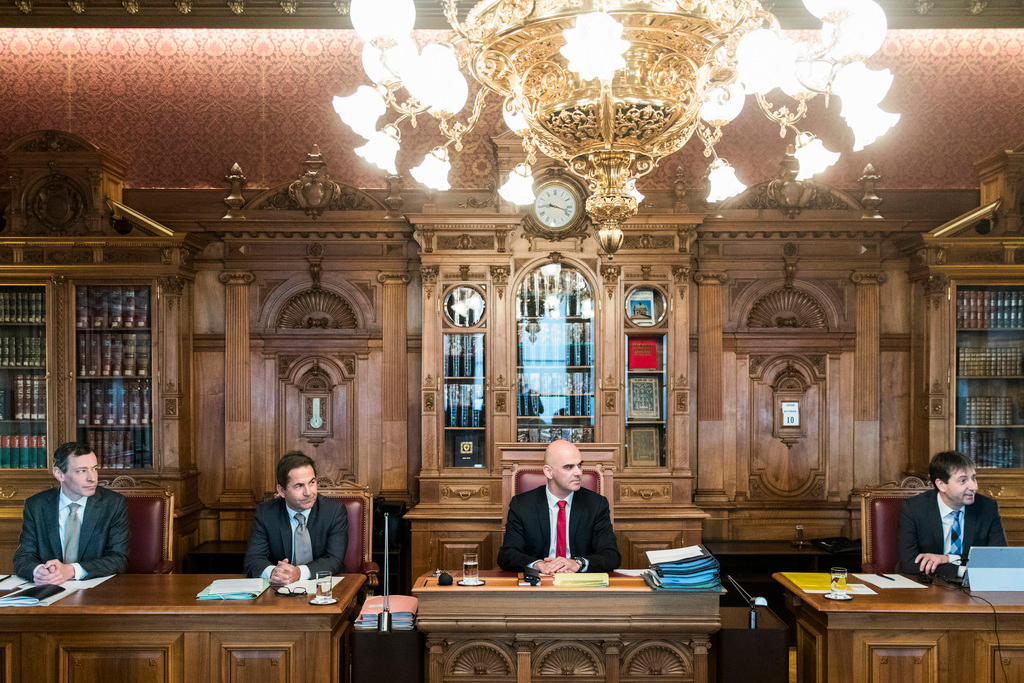
More
Switzerland faces stark choice on EU integration deal

In compliance with the JTI standards
More: SWI swissinfo.ch certified by the Journalism Trust Initiative
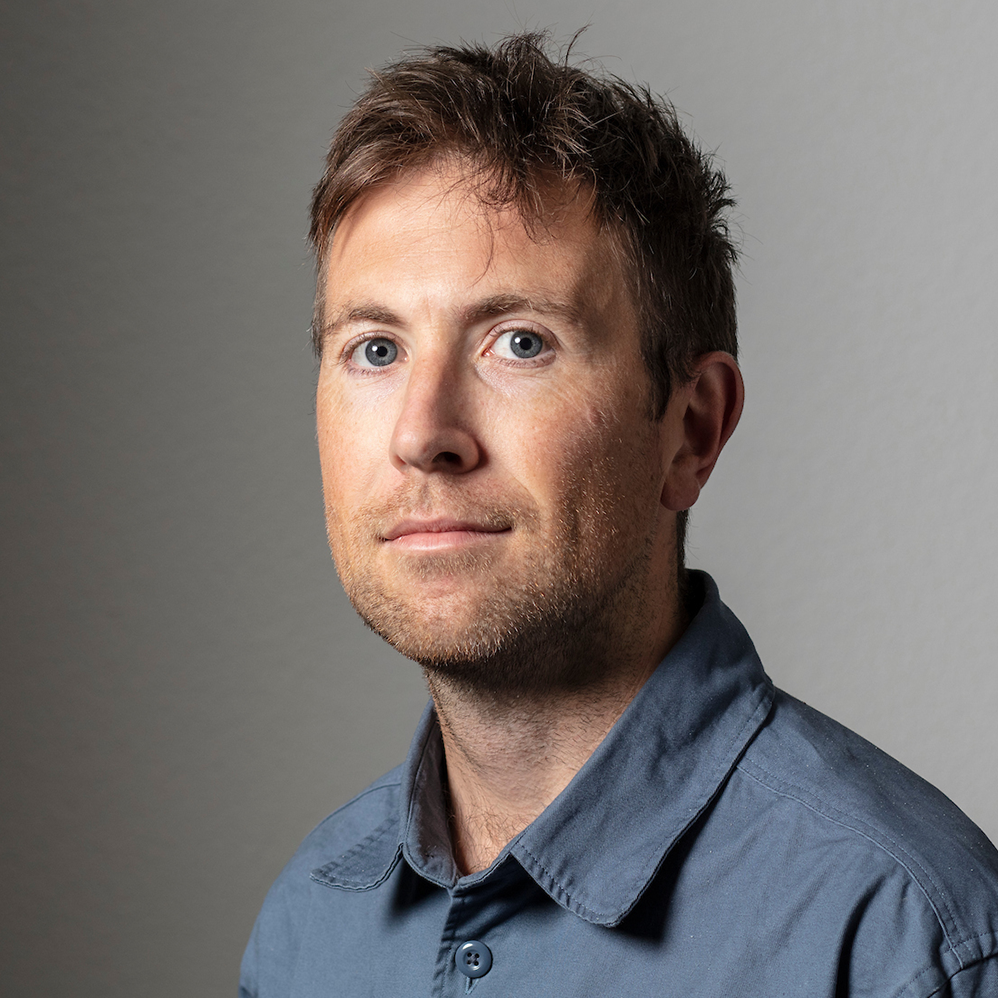
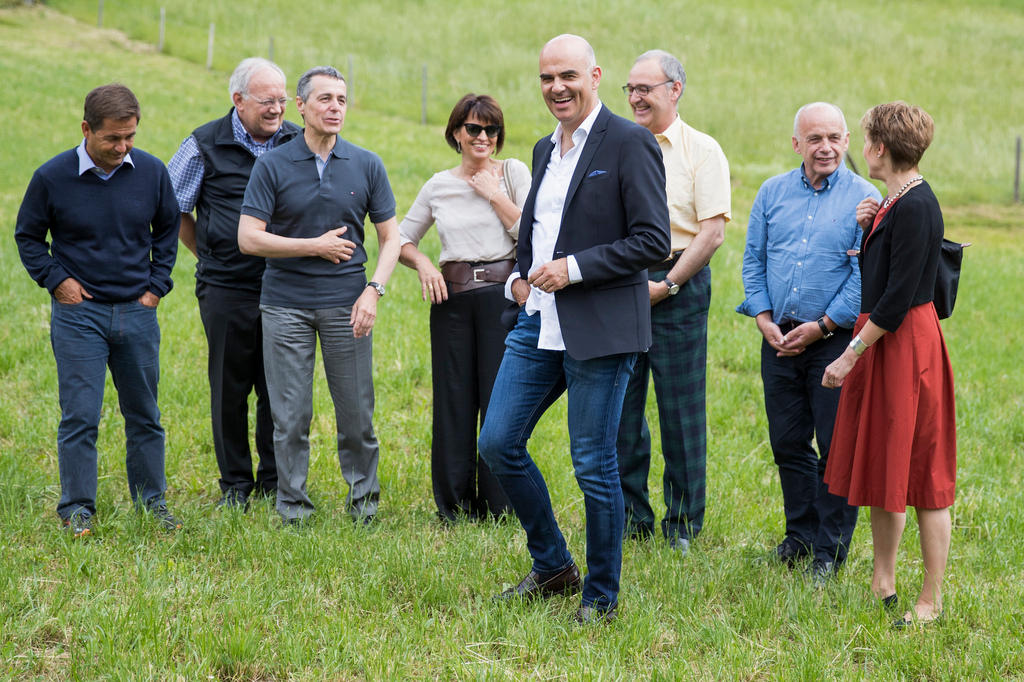


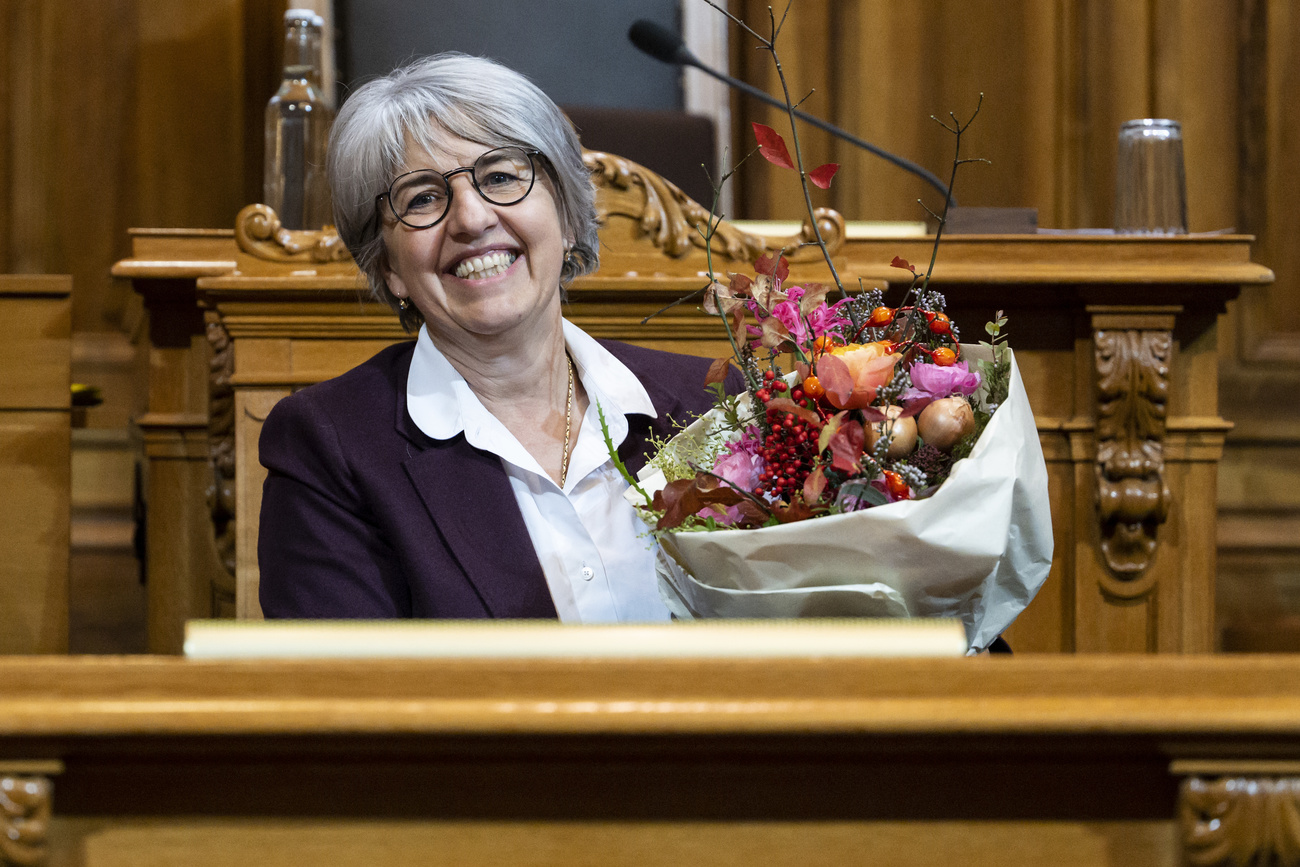
You can find an overview of ongoing debates with our journalists here. Please join us!
If you want to start a conversation about a topic raised in this article or want to report factual errors, email us at english@swissinfo.ch.